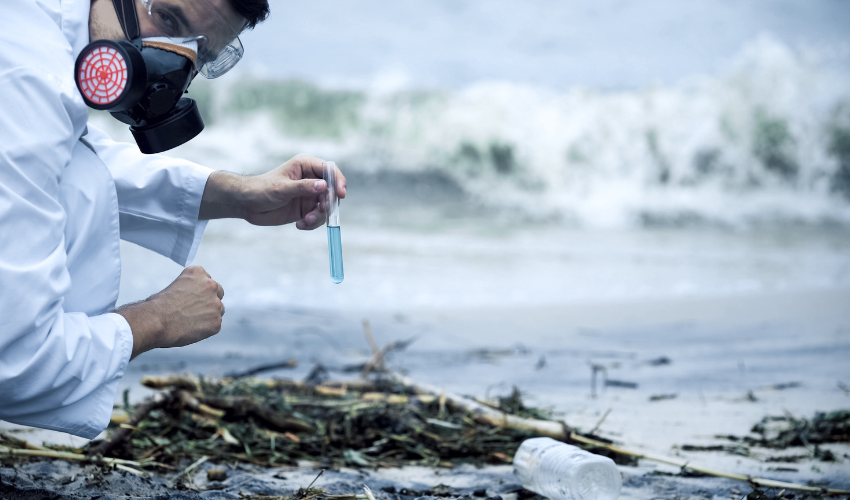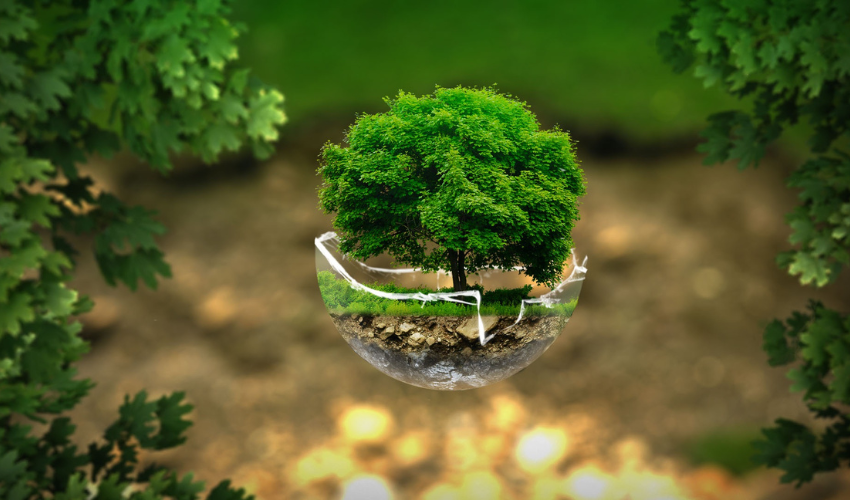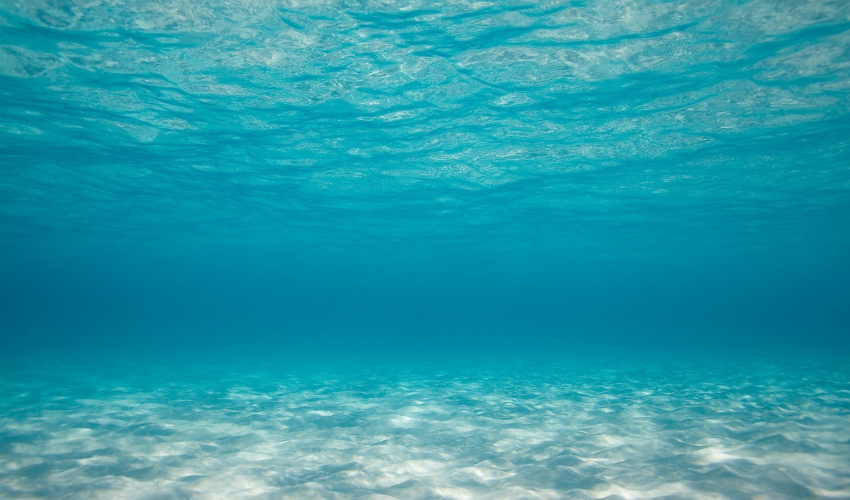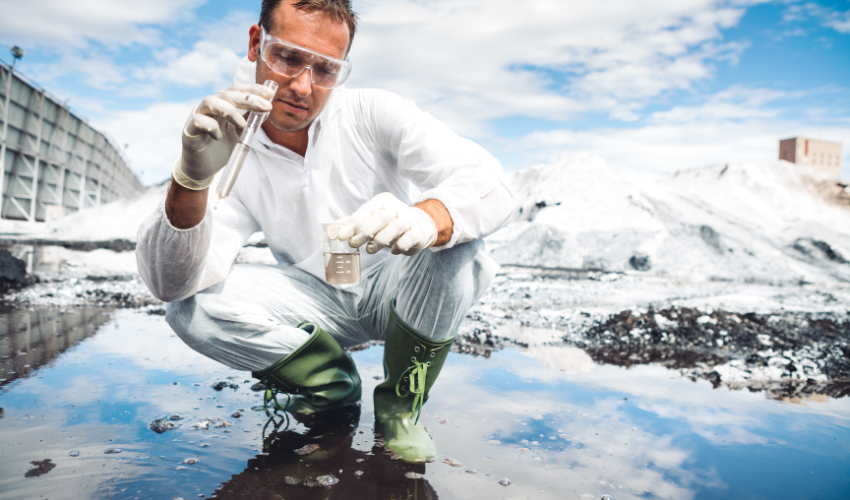What is environmental science? Simply put, environmental science is the study of the natural world and its interconnections with human activities. It is a multidisciplinary field that combines various scientific disciplines, including biology, chemistry, physics, geology, and ecology, to address environmental issues and challenges.
Environmental science is vital in understanding and addressing the complex environmental problems we face today. From climate change, air and water pollution, biodiversity loss, to deforestation and natural resource depletion, environmental science seeks to provide solutions to mitigate and manage these issues sustainably.
What is Environmental Science?

Environmental science is a branch of science that seeks to understand the natural world and the complex relationships between living and non-living things. This discipline aims to study the interactions between the physical, chemical, and biological aspects of the environment and the impact of human activities on them.
The Importance of Environmental Science

Environmental science is crucial in addressing the many environmental challenges we face today. It helps us understand how the natural world functions, the impact of human activities on the environment, and the solutions we can implement to mitigate environmental problems. Environmental science is also essential in developing sustainable practices and policies that balance human needs with the needs of the environment.
Scope of Environmental Science

Environmental science is a broad field that covers various areas of study. Some of the major areas of environmental science include ecology, environmental chemistry, atmospheric science, geology, oceanography, and conservation biology. These different areas work together to provide a holistic approach to addressing environmental issues.
Different Areas of Environmental Science
Ecology is the study of how living organisms interact with each other and their environment. Environmental chemistry is concerned with the chemical composition of the environment and the impact of pollutants on human and ecosystem health. Atmospheric science is the study of the Earth’s atmosphere and the factors that affect climate change. Geology examines the Earth’s physical structure and processes, including the impact of human activities on the Earth’s surface. Oceanography studies the oceans and their physical, chemical, and biological characteristics. Conservation biology seeks to protect and preserve the natural world and biodiversity.
The Role of Environmental Scientists

Environmental scientists play a vital role in understanding and addressing environmental problems. They work to develop solutions and policies to mitigate environmental issues and promote sustainability. They also conduct research and collect data to understand the natural world better, and their findings inform environmental policies and practices.
Careers in Environmental Science
There are many career paths in environmental science, ranging from research and academia to government and private sectors. Some common job titles include environmental scientist, conservation biologist, environmental policy analyst, environmental engineer, and environmental educator.
FAQs:
Q: What is the main goal of environmental science?
A: The primary objective of environmental science is to understand the natural world and the impact of human activities on the environment. It seeks to provide solutions to mitigate and manage environmental problems sustainably.
Q: How is environmental science related to climate change?
A: Environmental science plays a crucial role in understanding climate change and its impacts on the natural world and human activities. It helps to develop strategies to mitigate the effects of climate change and promote sustainable practices.
Q: What skills do you need to work in environmental science?
A: To work in environmental science, you need a strong foundation in biology, chemistry, and other natural sciences. Additionally, skills in research, data analysis, critical thinking, and communication are essential for success in this field.
Q: What are some current environmental challenges?
A: There are many environmental challenges facing the world today, including climate change, pollution, deforestation, loss of biodiversity, natural resource depletion, and water scarcity.
Q: How can individuals make a difference in environmental conservation?
A: Individuals can make a difference in environmental conservation by reducing their carbon footprint, conserving water, using sustainable products, supporting environmentally friendly policies and businesses, and participating in local conservation efforts.
Conclusion:
In conclusion, environmental science is a multidisciplinary field that plays a vital role in understanding and addressing environmental challenges. It provides us with the knowledge and tools to mitigate environmental problems sustainably and promote a healthier, more sustainable future. Whether you are interested in pursuing a career in environmental science or simply want to make a positive impact on the environment, understanding the basics of environmental science is essential.






















